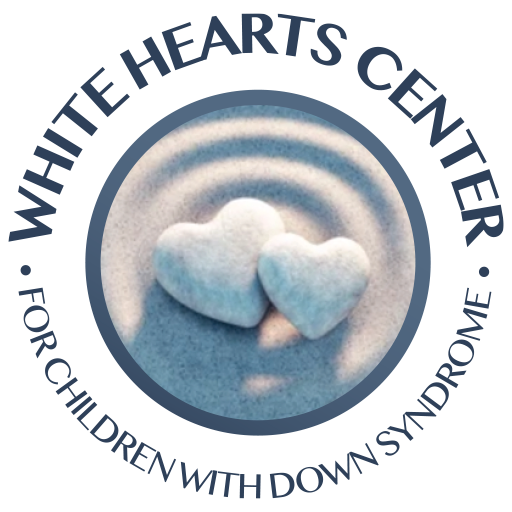In a recent statement for the Civil Society Forum, at the UN Conference of States Parties to the Convention on the Rights of Persons with Disabilities (COSP), Nathan Rowe from Down Syndrome International highlighted some of the increased risks and adverse impacts faced by people with Down syndrome during conflicts.
White Hearts Center in Idlib, Syria, is dedicated to helping children with Down syndrome through educational, psychological, and physical support. WHC is able to help these wonderful children succeed in part through generous donations from caring hands around the world.
Please read Nathan’s full statement below:
“Hi everyone,
My name is Nathan Rowe, and I am from Down Syndrome International. We are the organisation of persons with disabilities that represents people with Down syndrome and their families around the world. Today, I would like to highlight the increased risks and adverse impacts faced by people with Down syndrome during conflicts, sharing examples from our network.
In Cameroon, a young man with Down syndrome was fatally shot by government forces during a raid on his village. Misunderstanding the situation, he ran towards the soldiers, who did not recognise that he was not a threat, and killed him.
In Ukraine, since Russia’s invasion we have seen children with Down syndrome killed and many families lose their homes, with numerous families still displaced across Europe. People with Down syndrome and their families are traumatised from the events they have lived through, and many families have reported dramatic regressions in their children’s development.
We heard a story of a 10-year old girl with Down syndrome who was denied healthcare, unless she and her family got Russian passports.
In Gaza, we have heard of children with Down syndrome malnourished and starving and others alone on the streets after their families have been killed. Our member in Gaza reports extreme hardships among the community and has lost contact with half of the families they support.
Additionally, the destruction of their centres by the Israel Defence Forces has completely halted vital services like health care, early development interventions, and vocational programmes.
In all these examples, the impact on people with Down syndrome will be severe and long-lasting. This is a group that is already excluded, and these conflicts will only make this worse. Immediate support is needed to support people to access their basic needs and to access services. Then longer term, people with Down syndrome must be prioritised in post-conflict reconstruction efforts.
Thank you.”
Nathan Rowe, Down Syndrome International, 2024
